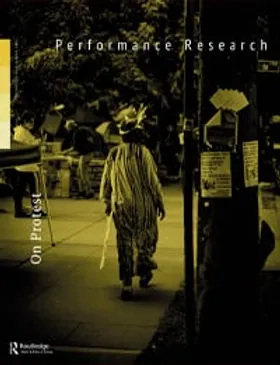Borat review
MOVIE REVIEW
Borat: Cultural Learnings of America Kazakhstan
Dir: Larry Charles
With Sacha Baron-Cohen
What to make of Borat, the prizewinning, law-suit generating, half-fiction half-vindictive journey-into-the-heart-of-darkness-of-America film that broke box office records around the world last winter?
The concept behind Borat is outwardly very simple: a naïve filmmaker from Kazakhstan New York
If this sounds like some kind of racist Benny Hill skit, it’s worth looking again.
Borat’s character is a manifestation of Western fears of the Eastern foreigner. Culled from a variety of contradictory sources, the Kazak Borat lives in a Roma village in Romania
In one scene, Borat walks into a gun store and asks what, “What is best gun for kill a Jew?” The man behind the counter goes straight to the display and shows him a variety of handguns.
The problem Borat encounters is not his bigotry but that he doesn’t know how he is supposed to express it. What this reveals is an intricate set of social rules that have been developed over the past fifty years to manoeuvre these antiquated attitudes through a social reality affected by the gains of the civil rights, women’s rights, and gay rights movements.
This is what makes the film so funny. Borat’s bumbling antics delve deep into the invisible rules of our society. His ultimate purpose is to lead people out of their public personas and get them to admit to what they really believe, beyond the veneer of public political correctness. After the film was released, three frat kids who were filmed bragging about the merits of “Russian bitches” filed lawsuits against the film for defamation, illustrating this point precisely.
Not all of what he unearths is political. For example, the fear of being caught naked in public is a common enough fear that often resurfaces in dreams. There have been innumerable films with characters getting locked naked outside their hotel rooms and having to hide themselves from the glances of strangers. Probably none of them will seem funny again after the sight of Sacha Barron-Cohen and Ken Davitian running naked through the halls of a New York
The satire is at its weakest when Cohen films Borat’s supposed village in Kazakhstan
Poetic justice
The stakes are raised by the possibility of being found out and the fear of potential violence. Borat shows up at a rodeo to sing the American national anthem. Before a crowd of 20,000 people, he announces Kazakhstan Iraq America
The camera acts as a mirror to show the bigots for what they are. We don’t only laugh because the situation amuses us, but because of the satisfaction of watching the bigots get what they deserve. Even if, in the immediate situation, the bigot might feel they get the upper hand, the camera provides an ironic assurance that they will lose in the end.
Many commentators have worried that the irony of the film could be lost on college crowds. Certainly, the many accusations of anti-Semitism attest to that possibility. But the role of satire is not to make easy parody to make us feel good. Borat treads on all of our toes and, by disturbing us, reveals something about the absurdity of our time.
Many commentators have worried that the irony of the film could be lost on college crowds. Certainly, the many accusations of anti-Semitism attest to that possibility. But the role of satire is not to make easy parody to make us feel good. Borat treads on all of our toes and, by disturbing us, reveals something about the absurdity of our time.



Comments
Post a Comment